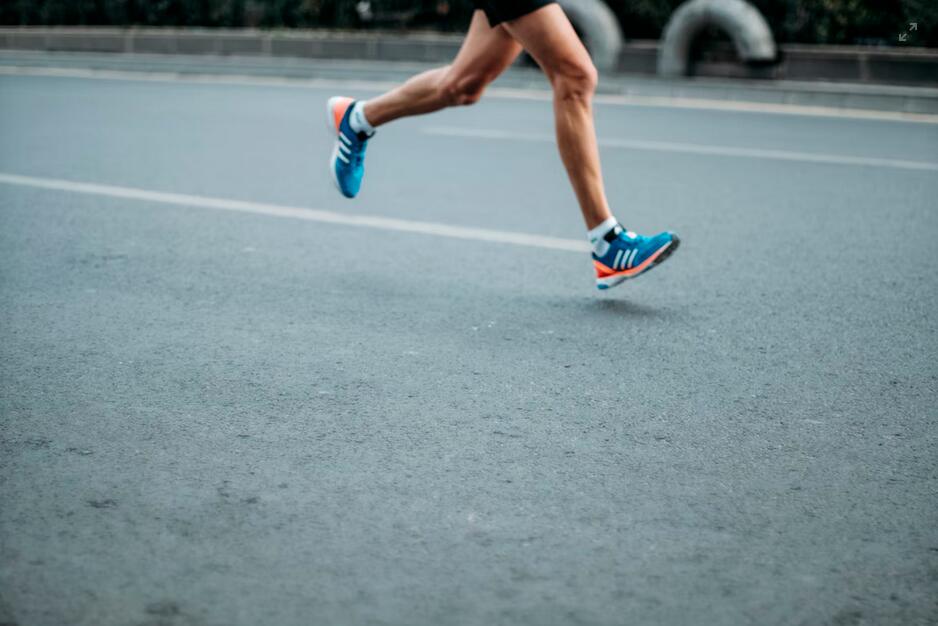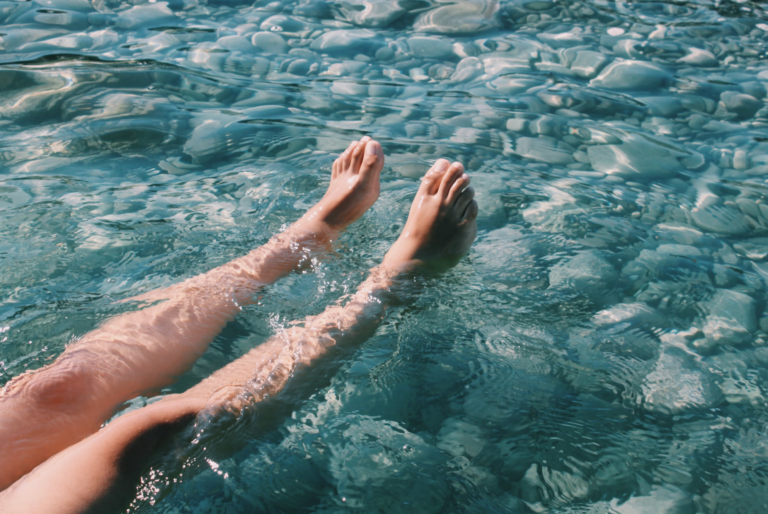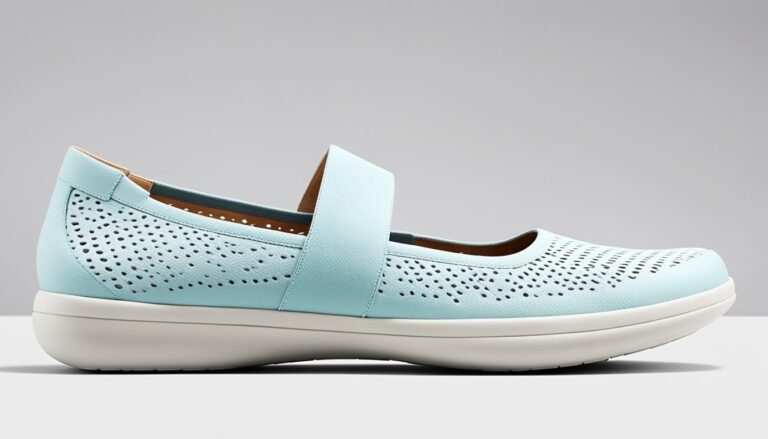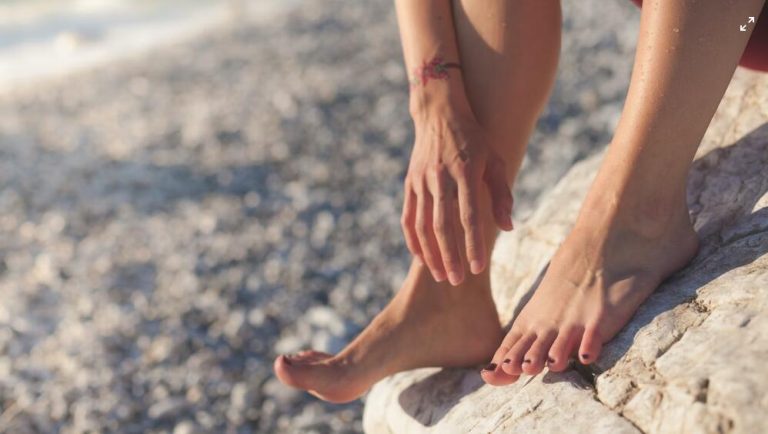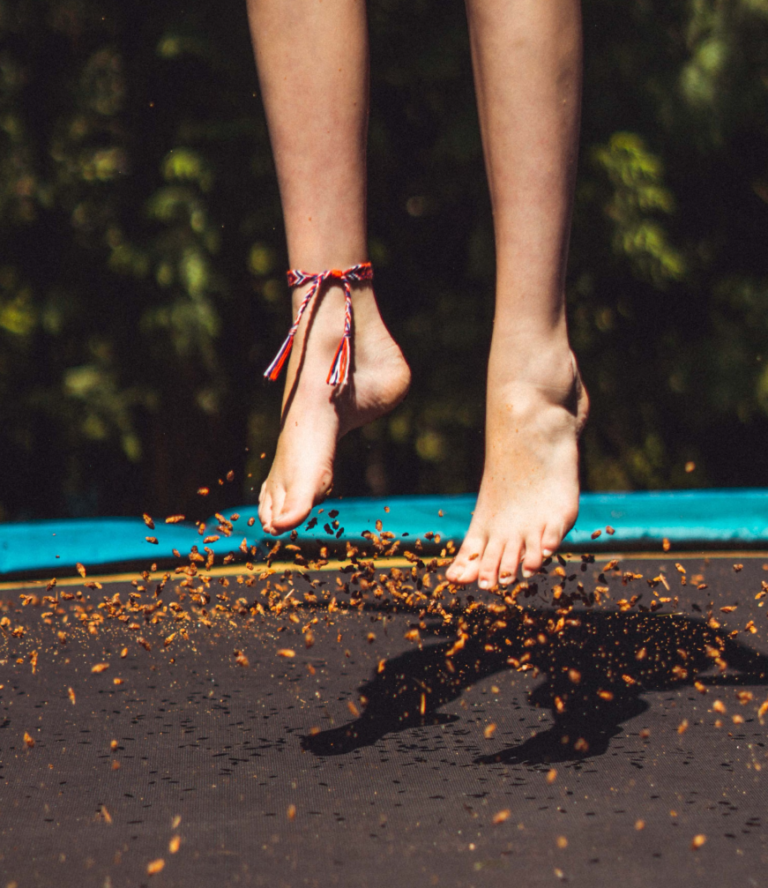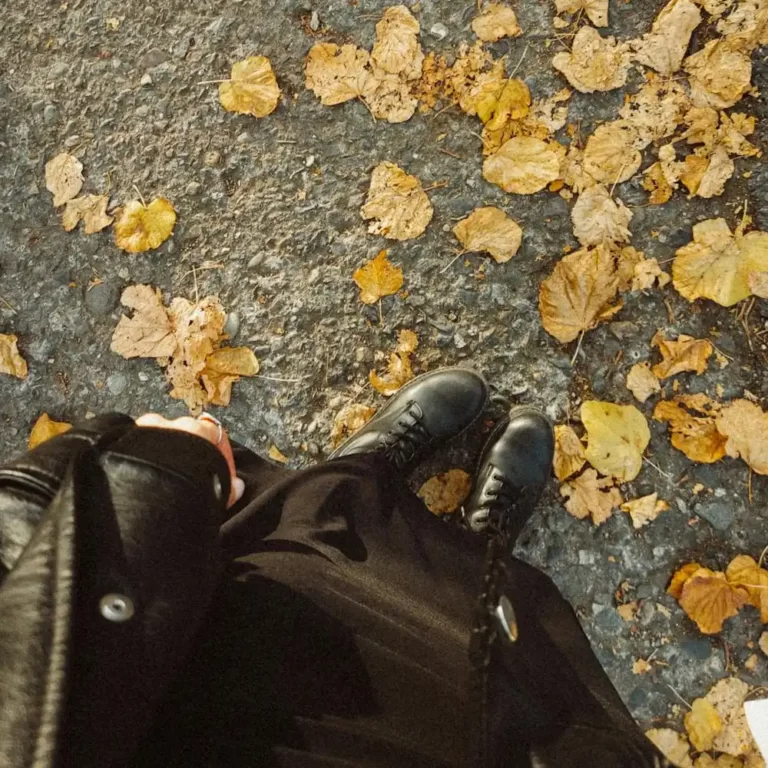Does Flat Feet Affect Running Speed
Every runner has a different reason for the sport. Some do it for the exercise, others do it to get in shape, but many runners run because they have a love of competition and enjoy running against others. It’s understandable that when you’re running against someone else, you want to be at your best—across the board. One area that is often overlooked as it pertains to running is flat feet. No one wants to believe their flat feet will hold them back from being able to compete at peak levels with fellow runners who don’t have this issue! But what if there’s an actual correlation between flat feet and slower times? Is there any truth behind this claim?
In order to find out whether or not flat feet really affect running speed we need some background information on what exactly ‘flat feet’ are in the first place as well as some evidence that proves this link between flat feet and slower times when competing against other runners who don’t suffer from this condition. By doing so we’ll be able to determine whether or not having flat feet means your overall running speed suffers due to being unable to maintain optimal biomechanics while competing within our sport
The effect of flat feet on running speed is not well understood.
Flat feet are a common condition that affects over 40% of the population, and they usually don’t cause pain or injury. Flat footedness is caused by poor mechanics in the joints linking your ankle bones to your toes. This can also lead to other problems, such as Achilles tendonitis or plantar fasciitis (a painful heel condition).
Some people think that flat-footedness causes slower running speeds because it affects biomechanics and places more pressure on some muscles than others. However, there is no evidence to support this claim at this time.
Flat feet are not necessarily a cause of pain or injury.
Flat feet are not necessarily a cause of pain or injury. As mentioned, flat feet are a common condition and many people have them. In fact, about one-third of the population has some degree of flat foot (cavus) but rarely complain about it.
The good news is that if you don’t have pain or other symptoms from your flat feet, you probably don’t need to worry about running speed at all. However, if you do have pain or other symptoms associated with your flat feet then there is probably something else going on within your body that needs to be addressed before addressing running speed itself
Flat feet may affect biomechanics and be one factor to consider in determining running speed.
The biomechanics of a runner are influenced by many factors, including the shape and flexibility of their body parts. For example, the way your pelvis is arranged can affect the movement of your legs and feet as you run. Flat feet may also affect running speed:
If you have flat feet, this means that there’s extra space behind your heel bone (calcaneus). It’s normal for people to have some degree of this “dead space,” but people with flat feet generally have more than others do because they don’t absorb shock as well as those who have arched or normal arches do. This makes it harder for them to run efficiently, which means that they use more energy than other runners when covering the same distance at an equivalent pace—and they get tired faster because they’re exerting themselves more than necessary just to keep going at a given pace!
Orthotics, and other shoe inserts may help those with flat feet run faster, but this is still being studied.
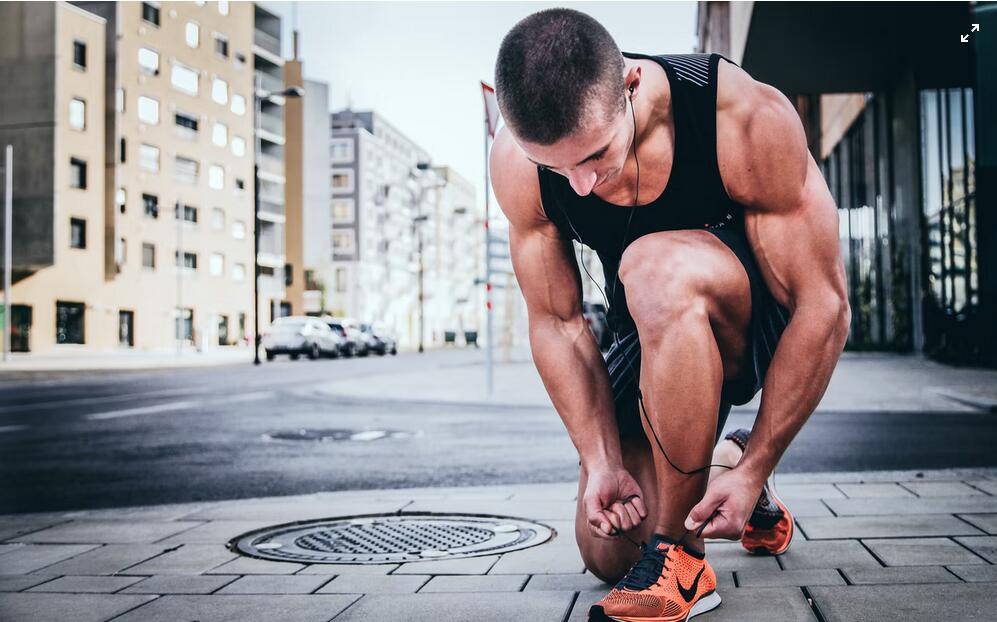
(Source)
If you have flat feet and are looking to improve your running speed, orthotics may be worth a try. Orthotics are shoe inserts that can help control foot posture, improve biomechanics, reduce foot pain, and reduce injuries. However, there is still much more research that needs to be done in this area before any definite conclusions can be reached about how orthotics affect running speed for people with flat feet.
If you have flat feet and want to run fast, you might want to get orthotics or other shoe inserts to improve your biomechanics and make your running more efficient.
You may also want to consult an expert. There are many factors that affect running speed, including training and biomechanics, as well as body weight (lower body fat is better for running at a given pace). Orthotics are one way of improving biomechanics—but they aren’t the only way!
Conclusion
Flat feet are not necessarily a cause of pain or injury, but they can affect biomechanics and be one factor to consider in determining running speed. If you have flat feet and want to run fast, you might want to get orthotics or other shoe inserts to improve your biomechanics and make your running more efficient.

